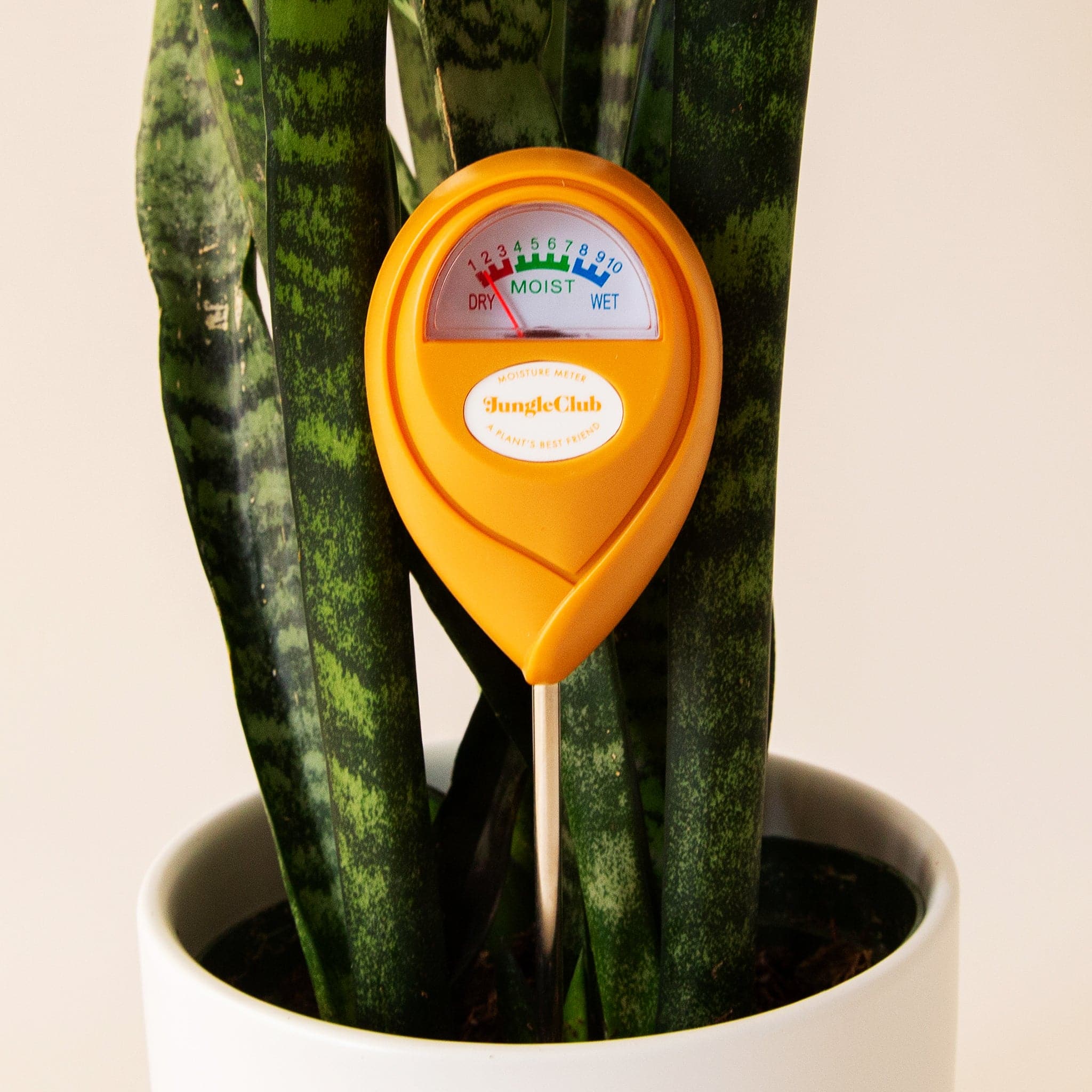Moisture Meter Buying Overview: What to Search for in High-Quality Instruments
Moisture Meter Buying Overview: What to Search for in High-Quality Instruments
Blog Article
The Ultimate Overview to Dampness Meters: A Comprehensive Introduction and Exactly How They Can Conserve You Cash
Moisture meters serve as essential devices in detecting and monitoring moisture web content in products, assisting in avoiding costly problems and guaranteeing the quality of products. Recognizing the nuances of different kinds of wetness meters, their applications, and the potential cost-saving advantages they supply can be a game-changer for specialists and companies alike.
Sorts Of Wetness Meters
One usual type is the pin-type wetness meter, which measures the electric resistance between 2 pins placed into a product. Pinless dampness meters, on the other hand, use electro-magnetic sensing unit plates to check a larger area without triggering damage to the material's surface area.

Infrared moisture meters gauge the thermal homes of a material to identify its moisture material non-invasively, making them useful for applications where pin or pinless meters may not be suitable. Understanding the different kinds of wetness meters offered can help industries pick the most ideal tool for their certain moisture measurement needs.

Benefits of Using Dampness Meters
Dampness meters use invaluable advantages in accurately assessing and keeping track of wetness degrees in varied products and settings. One of the primary benefits of using moisture meters is the prevention of prospective damages created by excess dampness.
Furthermore, using wetness meters can lead to enhanced power performance. In farming settings, moisture meters play a vital function in optimizing plant yields by making it possible for farmers to monitor soil moisture degrees and make educated irrigation choices.
Just How to Choose the Right Wetness Meter
Selecting the proper dampness meter involves thinking about vital elements such as product compatibility, dimension range, and calibration precision. When choosing a wetness meter, it's necessary to guarantee that the meter is ideal for the specific material you will be testing. Various products have differing electric residential properties that can affect moisture readings, so choosing a meter created for your product is critical for accurate results. Furthermore, take into consideration the measurement range of the wetness meter. Ensure that the meter can discover dampness degrees within the range required for your applications. Calibration precision is an additional crucial variable to remember. Go with a dampness meter with trusted calibration to make certain precise and regular readings. Some meters might call for periodic that site calibration modifications, so understanding the calibration process is essential. By carefully evaluating these variables, you can pick a dampness meter that fulfills your needs and offers precise moisture measurements for your jobs.
Correct Techniques for Dampness Meter Use

Price Savings Through Moisture Meter Applications
Just how can the critical use of moisture meters lead to substantial expense financial savings across various markets? In the agriculture sector, wetness meters aid in establishing the ideal time for gathering crops, preventing excess or over-drying dampness that can influence the final product's high quality.
Similarly, in building and construction, dampness meters assist stop expensive problems by finding moisture degrees in structure materials, such as timber or concrete, which can lead to architectural problems if not resolved quickly. By recognizing issue areas early, contractors can take corrective actions to prevent comprehensive fixings or replacements, ultimately conserving time and money.
In addition, in the food handling industry, dampness meters are necessary for keeping track of item website link quality and making certain compliance with security regulations. By accurately gauging moisture material in food, producers can stop perishing, keep quality, and reduce waste, resulting in significant cost savings. In general, the calculated application of wetness meters is a beneficial investment that can lead to substantial cost reductions and enhanced effectiveness throughout different markets.
Final Thought
In visit conclusion, moisture meters are useful devices for measuring and identifying wetness levels in different materials. By using the best dampness meter and complying with proper methods, users can successfully stop costly problems caused by excess wetness.
Dampness meters serve as essential devices in spotting and monitoring moisture material in products, aiding in stopping costly damages and making certain the quality of products. Infrared dampness meters measure the thermal residential or commercial properties of a product to determine its wetness web content non-invasively, making them useful for applications where pin or pinless meters might not be ideal.Moisture meters supply important benefits in properly keeping track of and examining dampness levels in diverse materials and settings. In agricultural setups, moisture meters play a vital duty in enhancing plant returns by allowing farmers to monitor soil dampness degrees and make informed irrigation choices.In conclusion, wetness meters are beneficial devices for spotting and determining moisture levels in different products.
Report this page